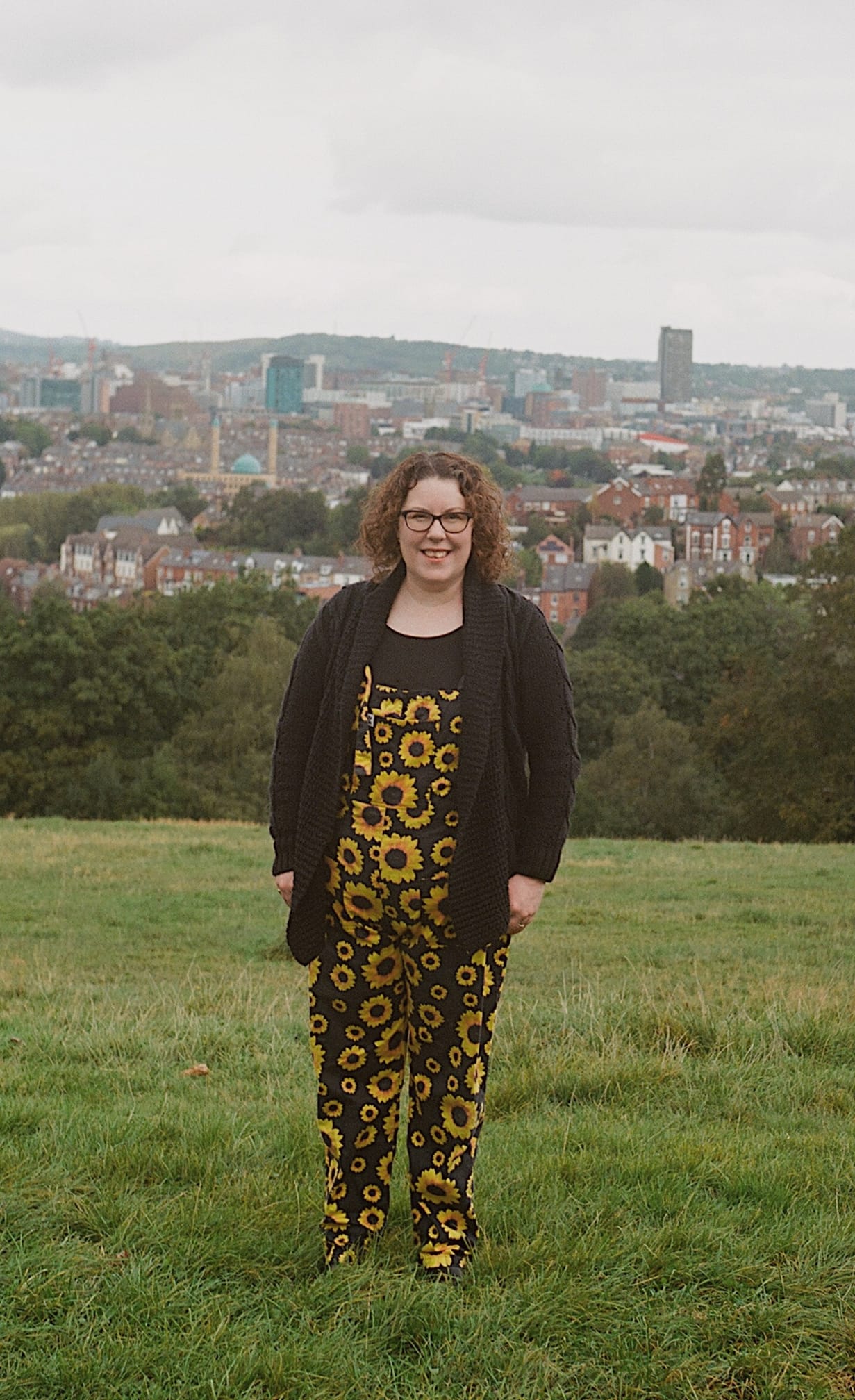Midlife has always been viewed as a transitional period, with both men and women susceptible to ‘midlife crises’. This desire for people in their forties and fifties to find their purpose is often joked about, but it is perfectly normal for people of this age to take a step back and reassess.
Life changes in midlife. Older children may be flying the nest, which in turn gives midlifers more disposable income or the opportunity to adopt a lifestyle change. During my own time of reflection, I began volunteering with Girl Guiding, becoming a unit helper at my local Rainbows group. I noticed a growing number of perimenopausal and menopausal women in my neighbourhood were also choosing to donate their time to community ventures, and I wondered why.
As I began connecting with women, many mentioned losing their identity during menopause and a shift in priorities. “My career in accountancy was my life,” said one woman who wished to remain anonymous. “Then menopause hit and suddenly I didn’t see the point of being holed up in an office crunching numbers anymore for a boss who didn’t care. I reduced my hours and started volunteering at a local Oxfam shop. People there ask how I am and listen to the answer, unlike at the office.”
This is not a unique experience – a Research Without Barriers survey of 2,000 UK women aged 45-67 found 24% were unhappy in their job due to lack of support from their employer, with 63% stating their workplace did not have a menopause policy. The nurturing environment that so often accompanies voluntary roles can be a big draw.
For Gillian Myers Price, who is nearing the end of the menopause, memories of the challenges of being a young mother on benefits propelled her to start a food bank with a friend who’d had similar experiences. “We are passionate that food should not be wasted,” says Gillian, who collects large amounts of surplus food from supermarkets at the end of the day. “We sourced fridge freezers for free and are set up in a local church. Anyone can come and get what they need – we don’t want people to feel desperate.” Gillian states menopause is the ideal point in life to volunteer. “I’m still fit enough to run around and found HRT has really worked for me. It feels good knowing we can make a difference.”
Social Enterprise owner Helen Neale was forty-seven when she started volunteering for Childline alongside running kiddycharts.com. She believes the experience and emotional intelligence of menopausal women is invaluable to the voluntary sector. “Women are resilient at this stage of life. A lot of us have had to juggle kids, careers, prejudice, and God knows what else. This has made us strong, and volunteers need strength to keep pushing on through.”
Her passion for improving the mental health of children and young people stems from seeing the impact the current mental health crisis was having on her teenagers’ friends but has also positively impacted Helen. “Helping is fabulous for my own mental wellbeing. It isn’t all altruistic and that’s okay!”
This side effect of volunteering could help reduce anxiety, depression, and stress. Dr Louise Newson, a GP and menopause specialist, found 95% of perimenopausal and menopausal women noted a negative change in mood and emotions during the menopause and a 2022 study found women with menopausal symptoms were more likely to experience loneliness. The feel-good factor that comes with volunteering, as well as an increase in opportunities to socialise, could be another reason menopausal women are becoming volunteers.
Tricia Holcombe learned firsthand of the need for company when she moved from Lincolnshire to Sheffield just before lockdown. A lack of friends locally left her with no confidence and she noticed this also had negative effects on her health such as weight gain and sleep apnoea.
Looking back, Tricia recognises this coincided with perimenopause. “It had such a negative impact on me that I decided if I didn’t get off my backside and meet people I would curl up and give up.” Tricia put out a call for women who might like to meet up on a local Facebook page and such was the demand that the group, which Tricia describes as “a naughty WI”, now meet fortnightly, with Tricia organising a programme of events, although sharing experiences remains a key focus. “Having the opportunity to talk openly has helped loads,” Tricia says. “It’s helped me realise I’m not going mad.”
Other menopausal women spoke of the joy and satisfaction that come from volunteering in roles as diverse as litter picking and running a community café, with all saying it gave them a renewed sense of purpose. If you are going through the menopause and are considering volunteering, try it. It might be just the confidence boost you need.
For more stories, advice and interviews, head to the Menopause Your Way Stories hub. To browse and shop a curated edit of menopause products, visit the Menopause Your Way page on QVC.
The content of the QVC website is for information only. It is not intended as a substitute for professional medical advice, diagnosis or treatment. Always seek the advice of your doctor or other qualified health provider with any questions you may have regarding a medical condition. Never disregard professional medical advice or delay in seeking it because of something you have read on the QVC website.
We understand there’s a lot of information out there on the menopause. You can read through the NICE guidance on menopause management, as well as the NHS overview on the menopause.




